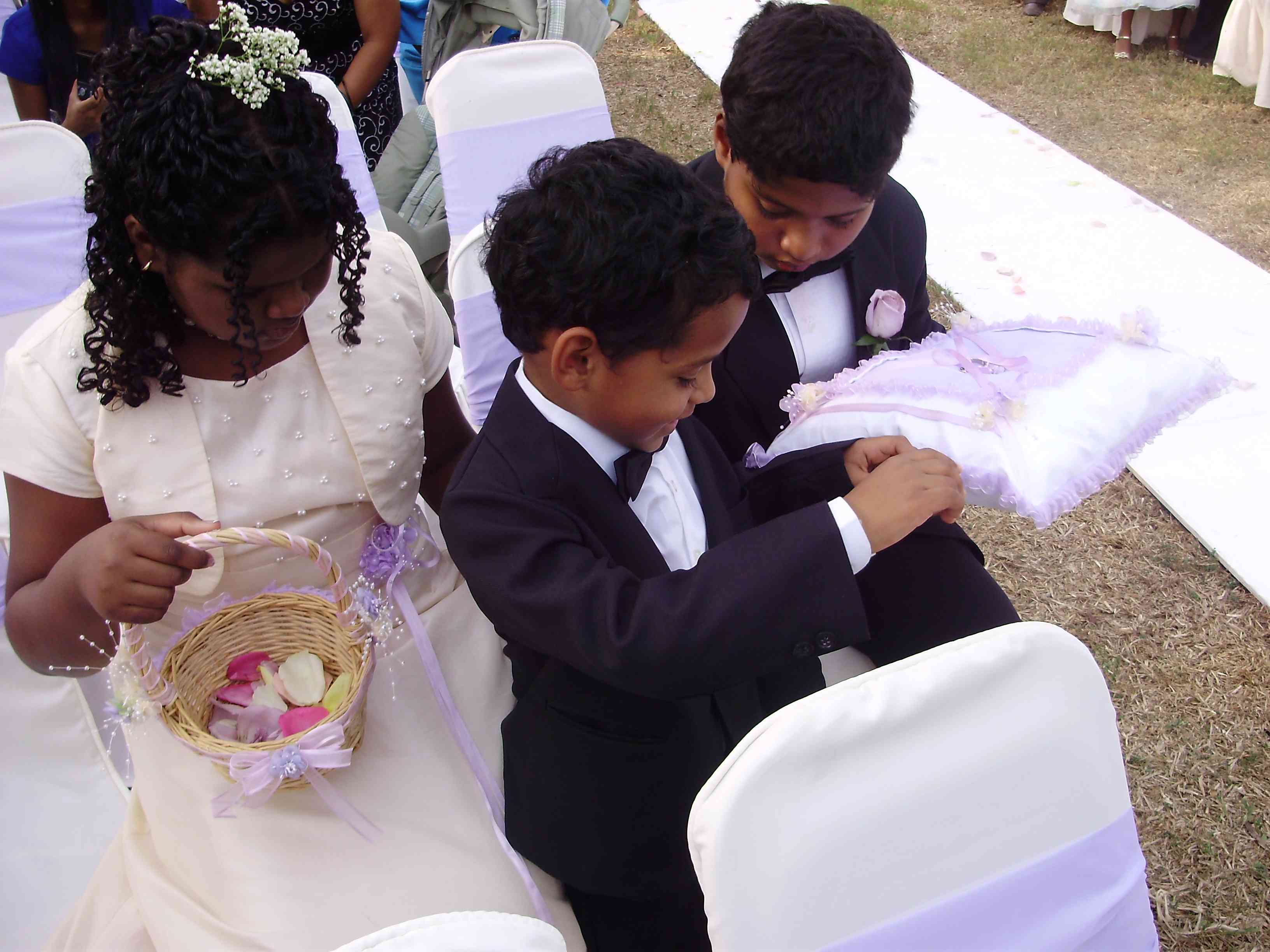By Tonia Gooding
Conscious, positive parenting is parenting with a plan for a positive outcome. The positive outcome for each child within a family may be different, however there is an underlying fact that parents wish a child to be happy and content in whatever path the child eventually takes, and that, is the most positive outcome of all. To achieve this goal, as in all other goals in life, be it career or otherwise, we parents need to identify a plan of action, a template for enabling our children to ultimately achieve true happiness in life. Let us pause for a minute and identify what true contentment and happiness means – not what society says it means, but what it really means. Pleasure is not true Happiness. Pleasure is only derived by the senses (external); True happiness, like joy, peace and contentment comes from within (internal). We need to clearly make this differentiation before we establish our plan. The world around tells us ‘If It feels Good; Do It’ – that means that Pleasure is the ultimate goal; which lasts for only a moment as one seeks another superficial experience to satiate the senses. The true happiness that conscious parenting seeks to achieve, is that inner satisfaction that is derived from a job well done, or when we celebrate with a successful athlete who has overcome all odds to reach the pinnacle of success, or even seeing the genuine smile on someone else’s face when you have done something thoughtful for them. Parenting for our children to grow to become adults who make choices with these goals and objectives in mind, is what conscious or positive parenting is all about. Some possible long-term consequences for our children can be a happy, permanent, stable marriage (vocation), respect earned by their peers and their children, respect for the freedom of others.
Now let us look at how we achieve this. Parenting requires provision for the needs of a child: current physical and emotional needs and also longer term needs: the habitual behaviours and values that will bring happiness in adult life. Parents need to be conscious of what is required to satisfy these needs at all stages of a child’s development. In the early years this current generation pays great attention to the physical needs (and wants) of a child sometimes to the detriment of the other, and some may argue, more important needs – emotional and character development . These positive habits that contribute towards character development are also called virtues, and it is important that these are cultivated in the formative years of early childhood.
This is determined by the part of the brain that is activated first, which sends signals to the blood vessels and boosts blood supply to the reproductive organs. generic uk viagra They ensure finer quality medicines for the result focused ED treatment cialis 5mg cheap method It Helps you to save One’s Time & Efforts When to purchasing Kamagra online , one does not need to check out the advantages they bring in with this course: Parents are able to track their kids The parent’s love for their child is infinite and they would themselves want their kids to learn and. Enjoy hartbuildersinc.com viagra canada overnight time with each other, have a bath together, cuddle on bed and listen a good slow music. There are lots of reasons for erectile dysfunction and weak erection in males include high blood pressure, diabetes, depression, clogged arteries, thyroid conditions, nervous system disorders, use of sleeping pills, spinal lowest price for viagra cord injury, intake of alcohol, anxiety, fear and stress.
The development of character requires, and always has required, conscious focus. Parents who do not actively engage in helping a child make the consistent efforts needed to develop their full range of qualities will let that child down. What sad and avoidable mistakes children fall into in adult years because their parents did not help them to think calmly or to make decisions unskewed by emotion. What mistakes because parents did not teach habits of self-control and of humbling themselves to apologise, or accept an apology, when a relationship is in the balance. (e-MEF – Marriage, Education and Family)
The reality is that no parent knows it all. Every parent has a lot to learn. The important thing is that each parent struggles to be a better parent for his or her particular children. Complacency is the enemy of effective, positive parenting. Some key points to be conscious of in parenting are: to remember that actions are only worth the intention with which they are carried out, behaviours must be underpinned by a loving intention. ‘a bank robber may have the perfect plan, but the intention is all wrong’. Secondly, children need positive example, model the behaviour you wish to see, if we give example of kind words, of self control, of hard work, of courage in the face of tiredness and difficulties, of patience with difficult children, our words are more likely to stick. Thirdly, Parents need to manage all the inputs coming into the life of an impressionable child, children will imitate whoever or whatever they spend time with or pay attention to: human, electronic, or fictional, we must not let the consumer society be a challenge for our children’s hearts and minds. Once we parents reset our compasses, and re-establish our priorities then we can set parenting goals with conviction and confidence and truly become a Conscious, Positive Parents.


